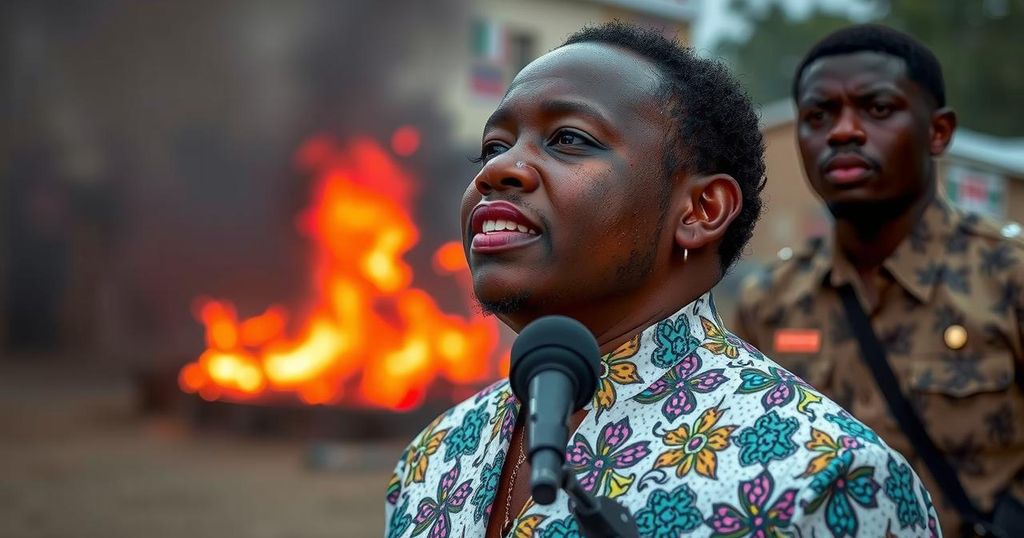Mozambique is mourning at least 280 deaths attributed to violence following a disputed election. Many victims, primarily young people, were killed by security forces during protests against the announced results favoring the ruling Frelimo party. Tragic stories from families reveal the human cost of the unrest and highlight the struggle for justice in a climate of fear as the country prepares for the incoming president’s inauguration amidst ongoing political tensions.
In Mozambique, the nation grapples with profound grief as it mourns the loss of dozens of its citizens amid escalating violence linked to a contentious election. In over two months, approximately 280 people have perished, many at the hands of security forces. Young individuals actively participated in protests triggered by disputed election results that declared Daniel Chapo of the ruling Frelimo party as the victor, a result that opposition leader Venancio Mondlane contests, claiming electoral fraud.
The tragic deaths of several individuals exemplify the conflict’s toll. Yolanda Jose Luis, a 16-year-old girl, was fatally shot while traveling in a minibus on Christmas Day, underscoring the indiscriminate nature of the violence. Her tragic story reflects a broader narrative of loss, as described by her brother, who explained that police opened fire without warning. Similarly, another victim, Silvio Jose Jeremias, was reportedly shot by plainclothes officers during a social gathering, yet his death symbolizes the struggles faced by young breadwinners in their communities, often supporting their families in the absence of security and stability.
The unrest arose following the announcement of results on October 24, which ignited protests against perceived injustices and heavy-handed policing. Witnesses have reported that police utilized live ammunition while faced with demonstrators, intensifying opposition sentiment. Families affected by these tragedies are now calling for accountability and justice amid a climate of fear and uncertainty. Investigations hindered by a lack of transparency and evidence are further complicating these demands, leaving many unanswered questions about the enforcement actions.
Despite a lull in violence since December 25, political tensions persist. The expected inauguration of President Chapo on January 15 will likely exacerbate conflicts, as Mondlane remains resolute in calling for a recount and mobilizing his supporters for continued action. Amid these tensions, Mozambique faces a pivotal moment, requiring a united resolve for peace and reconciliation to emerge from this cycle of violence.
Mozambique has experienced significant unrest following the October 9 election, where results were contested, leading to widespread protests against the ruling government. Over the past two months, security forces have been accused of excessive violence, contributing to a dramatic rise in civilian casualties, particularly among the youth. The resurrection of longstanding grievances against the government underpins the current volatility, further inflamed by claims of electoral corruption. The involvement of security forces in civilian casualties presents critical questions regarding accountability and human rights protections within the nation.
The ongoing unrest in Mozambique highlights critical issues surrounding political legitimacy and the safety of its citizens. With a substantial death toll linked to government actions, families endure tragic losses that resonate across communities. Moving forward, restoring public trust will require transparent investigations, accountability for security forces’ actions, and addressing the underlying political tensions that fueled this violence. Mozambique stands at a crossroads, where the voices of its silenced citizens must be heard to forge a path toward healing and stability.
Original Source: www.barrons.com






